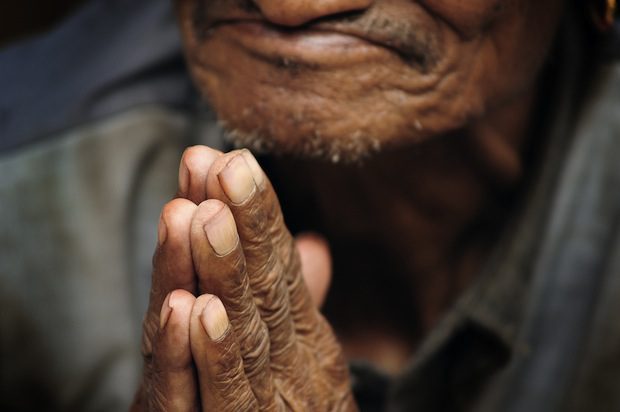The View from Grub Street

This is sobering: William McPherson, 81, the ex-editor of the Washington Post Book World and winner of the 1977 Pulitzer Prize for Criticism, writes about his own poverty. Excerpt:
I was never remotely rich by what counts for rich today. (That requires a lot of zeroes after the first two or three digits.) But I look through my checkbooks from twenty-five and thirty years ago and I think, Wow! What happened? It was a long, slowly accelerating slide but the answer is simple. I was foolish, careless, and sometimes stupid. As my older brother, who to keep me off the streets invited me to live with him after his wife died, said, shaking his head in warning, “Don’t spend your capital.” His advice was right, but his timing was wrong. I’d already spent it. He sounded like the ghost of my father. Capital produces income. If you want to have an income, don’t dip into your capital. I’d always been a bit of a contrarian, even as a child.
My money wasn’t working hard enough to finance my adventures, which did, after all, come with a price. I wanted to explore and write about eastern Europe after the fall of the Wall, which I did for several years. It was truly a great adventure, it changed my life, and it was a lot more interesting than thinking about what it cost, which was a lot. There’d always been enough money. I assumed there always would be. (I think this is called denial.) So another dip into the well. In my checkbook, I listed these deposits as draws. That sounded very businesslike, almost as if I knew what I was doing. Sometimes I did. (It’s hard to resist a little self-justification.)
Against the advice of people who thought they knew better, I bought shares in AOL before it really took off and in Apple when it was near its bottom. I figured Apple’s real estate must be worth more than the value the market gave the company. I was right. Shares in both companies soared. If I’d shut up and stayed home…but I didn’t. On the advice of these same people who advised me against AOL and Apple, I turned my brokerage account into a margin account for someone else to handle, and I left the country again. A few more dips into the well, a few turns in the market, a few margin calls, and when I went back for another dip, the well was empty. The old proverb drifts back to me on a wisp of memory. A fool and his money are soon parted. My adventures were over.
Read the whole thing. He attributes his poverty to “magical thinking”: the belief that because the money had always somehow been there, it always would be. It wasn’t that he lived extravagantly when he had money; it was that he lived beyond his means. There’s a difference. As McPherson concedes, he didn’t take as seriously as he ought to have done the importance of saving, investing wisely, and living conservatively. Though he was never rich, the key factor here seems to be his inability in the past to imagine what poverty would be like, and that it would be a possibility for someone like him.
I think this is me. I mean, I have been guided by a good financial planner for the past seven or eight years, and through conservative investing and saving, have built up a decent amount of financial security. But I live in fear that I’m missing something, and through my own extravagance — hey, why not buy those expensive pork chops for that French dish you want to cook this weekend? — I will have left the gates of the city open at night, and the enemy will come in. I read that piece by William McPherson and think: yep, that could easily be me one day.
UPDATE: Help William McPherson out; buy his book.
Subscribe for as little as $5/mo to start commenting on Rod’s blog.